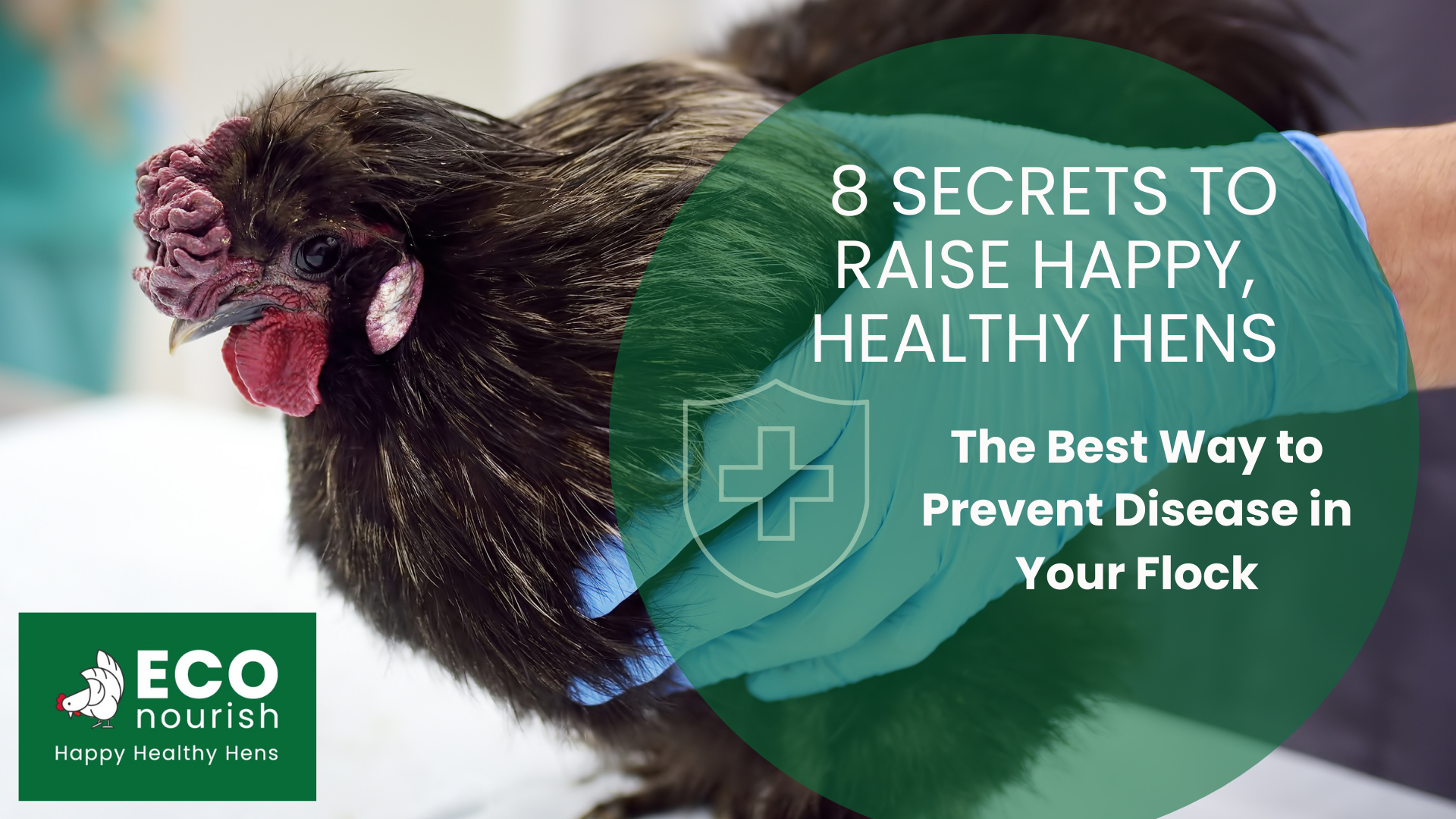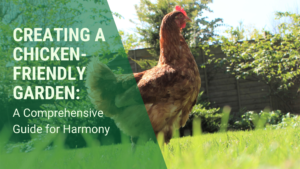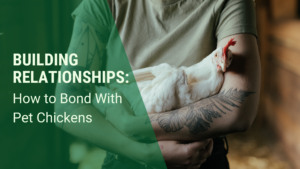Keeping healthy hens is a rewarding and fulfilling experience. Whether you’re raising them for eggs or simply enjoy their delightful companionship, maintaining their health is your number one job as a chicken keeper. This blog discusses practical solutions you can use to ensure a balanced diet, excellent gut health, and overall disease-free (as possible) existence for your hens. And for a superior diet solution for your flock with added health benefits, remember to shop for live BSF larvae on our website.
Table of Contents
1. Registering with a Poultry Vet
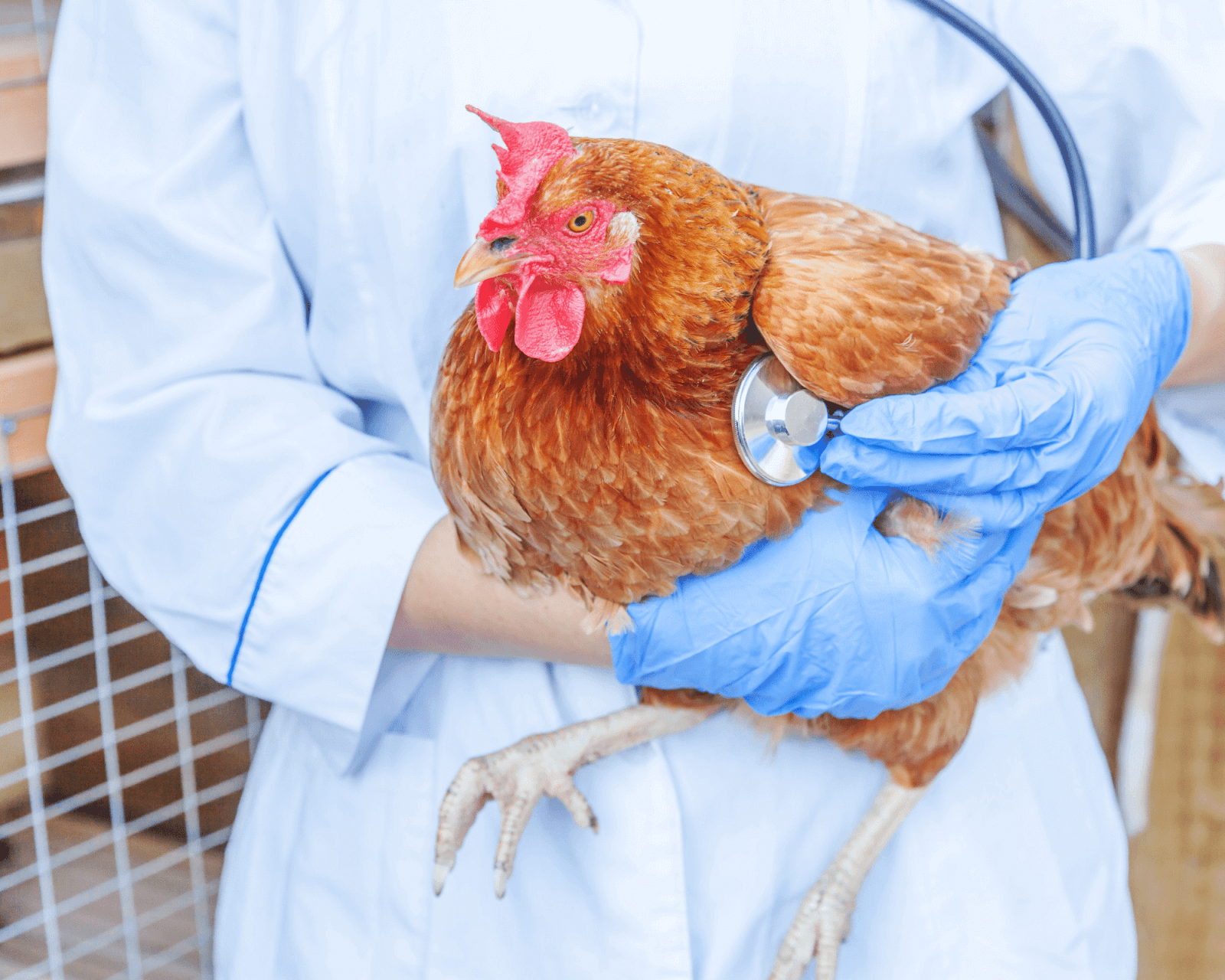
A qualified poultry vet is your first line of defense and an essential component of your flock’s health. They deliver expert advice, handle vaccinations, and provide early disease recognition and treatment. Find a local poultry vet today through www.econourish.co.uk/econnect.
2. Vaccination: Your Flock’s Armor
If you own rehomed commercial hens or hens sourced from breeders with established vaccination programs, they’re already vaccinated so you’re golden. If not, it is strongly recommended you get your hens vaccinated against a range of communicable diseases. This assists in protecting them from diseases and popular chicken ailments that may compromise their health – and remember to never mix vaccinated and unvaccinated flocks.
3. Diet and Nutrition for Healthy Hens
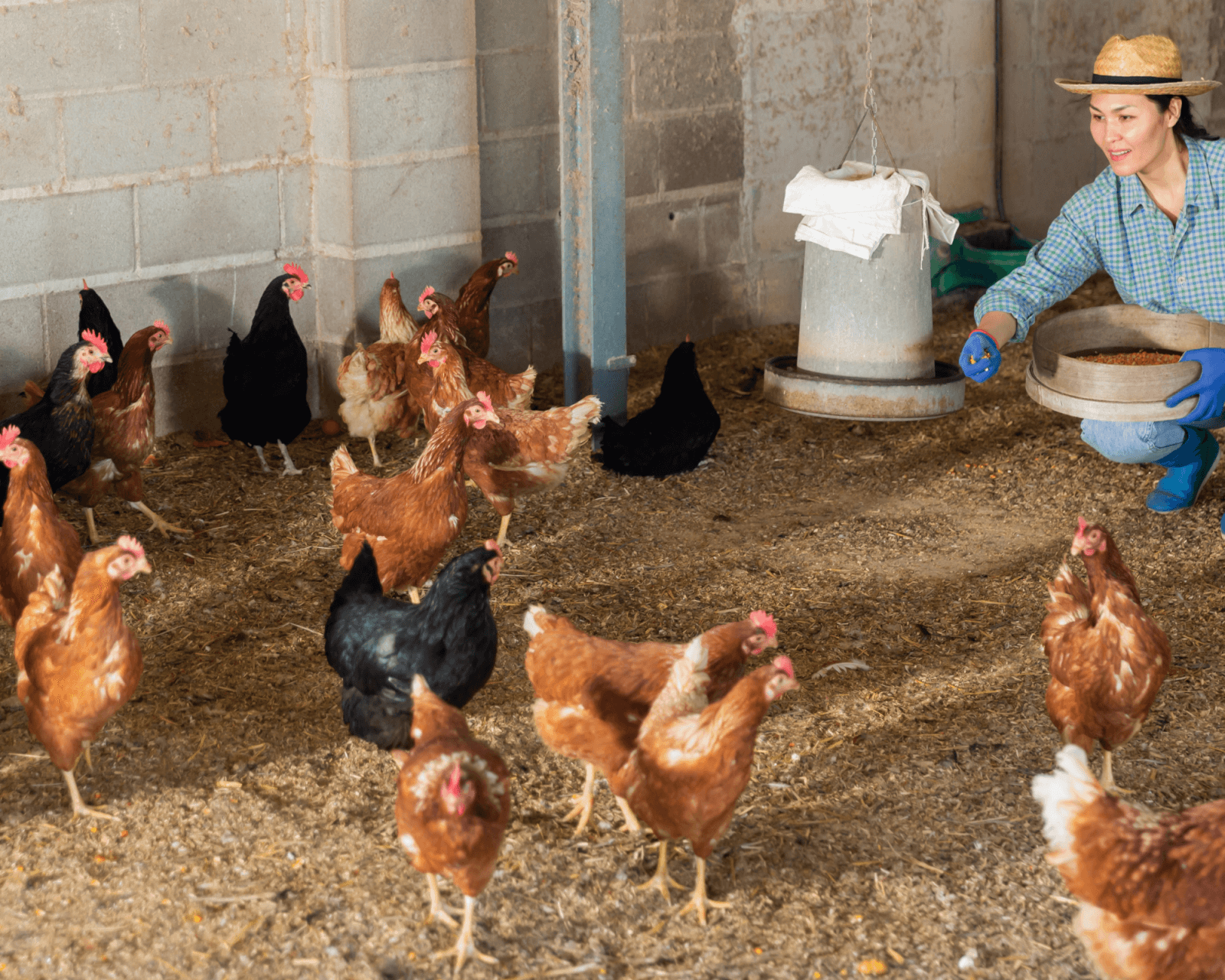
The importance of feeding your hens a balanced diet and the right feed portions can never be understated. Not only does this promote healthy hens, but it also mitigates diseases relating to obesity.
Just like us, when hens are overweight, it puts stress on their bodies and their joints. Overweight or obese chickens are prone to diseases of the liver, heart problems, and can even fall victim to heat stroke more easily than other hens because the struggle to regulate their body temperature.
Make sure you know how much of your complete feed to give your hens, adjust diets based on their age (transitioning from growers feed to layers feed, and changing feed for hens post-lay). Limit treats to 10% of your flock’s diet and make sure they get lots of opportunity for free-roaming and exercising in their runs
4. Gut Health and Immunity to Prevent Disease in Your Flock
A key aspect in keeping your hens healthy and preventing diseases is making sure their gut health is exceptional. A ‘microbiome’, is a community of microorganisms living within the digestive tracts of your hens, and it plays a critical role in immune function, digestion, and overall well-being. For all of us – our animals included.
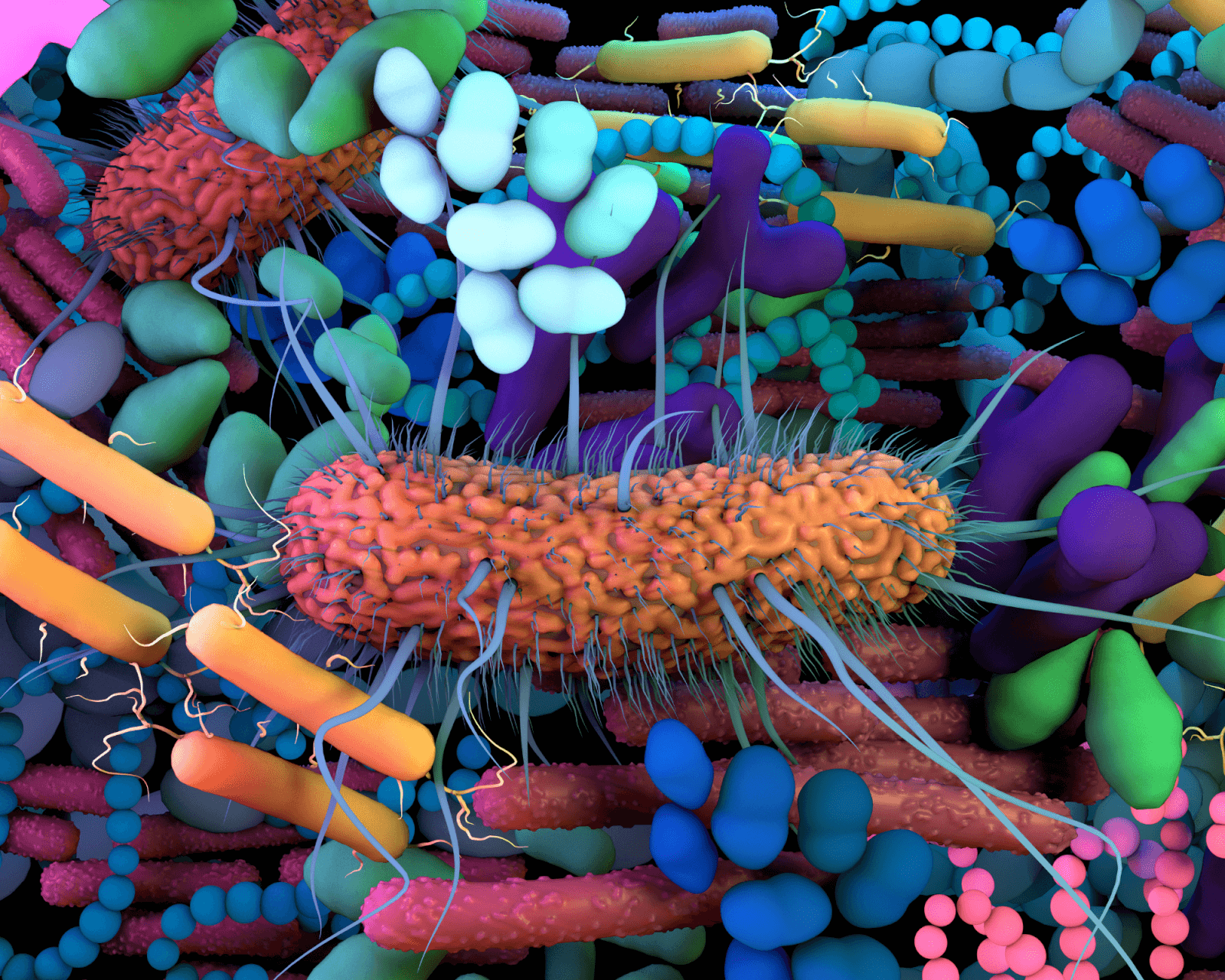
Offer your flock foods rich in natural prebiotics like oats, bananas, and apples can help cultivate a beneficial gut microbiome. Prebiotics serve as food for these beneficial microorganisms, ensuring their population flourishes. But, there’s an even better way to ensure good gut health in chickens… Come this way.
5. Improving the Microbiome with BSF Larvae
To provide an unparalleled boost to your hens’ microbiomes, Black Soldier Fly (BSF) larvae offer a golden opportunity. These larvae are not only rich in essential proteins and fats necessary for proper healthy hens, but they also help in enhancing the immune system; fortifying their capability to fend off potential diseases.
In our Innovate UK-funded research with the University of Reading, we found remarkable benefits for laying hens gut microbiota – and this research has been replicated many times in the scientific community. Like this example.
When feeding live BSF larvae, there’s an increase in the abundance of beneficial bacteria. What this means for chickens is a better gut microbiome, which has been shown to improve immunity, feed efficiency (how well they can use the nutrients in their food) and overall health. Since a reduction in beneficial bacteria also has a negative effect on egg production, it’s safe to assume that optimum gut microbiota have a positive effect on keeping hens laying.
6. Feed your chickens foods with natural disease-fighting properties – BSF larvae win again!
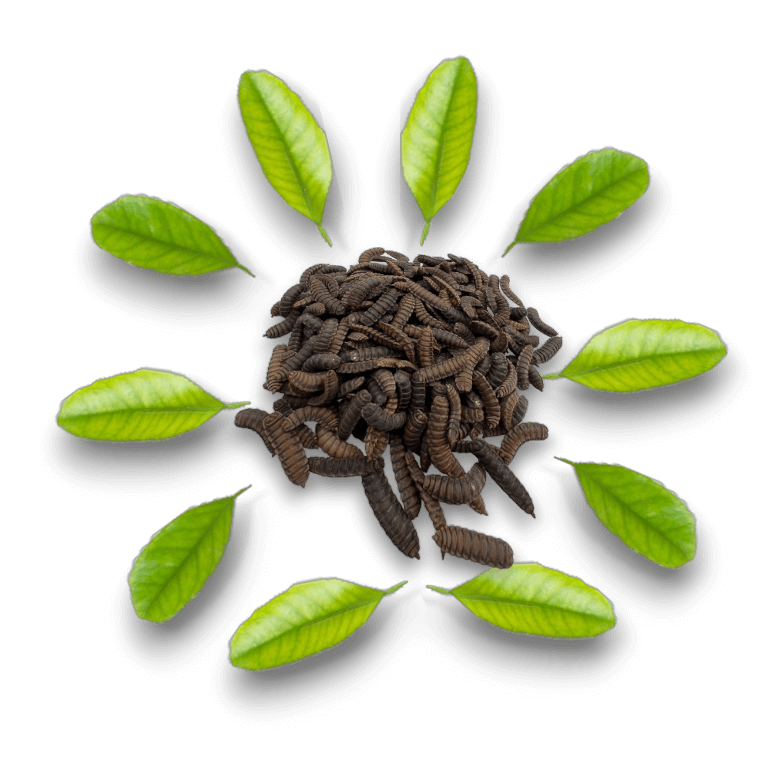
BSF larvae contain something called antimicrobial peptides. These are tiny proteins that have the extraordinary ability to fend off harmful bacteria, viruses, fungi and parasites. In the wider livestock industry, there’s a murmur growing into a cluck. Antimicrobial peptides are being eyed as the next big alternative to commonly administered antibiotics – helping solve the issue of antibiotic resistance. It’s potentially one giant leap towards more responsible and sustainable farming practices.
Other foods with antimicrobial benefits include garlic (though only offer in small amounts, usually in their drinking water) and apple cider vinegar – which again can be added to water and helps promote a healthy crop.
7. Keeping a clean and sanitary coop
Regular poop removal, replacing bedding and nesting materials and general coop cleaning can help prevent the buildup of harmful bacteria, mould, and even parasites like red mite. Make sure you disinfect feeders and waterers and the entire coop at least every six months to reduce the risk of disease.
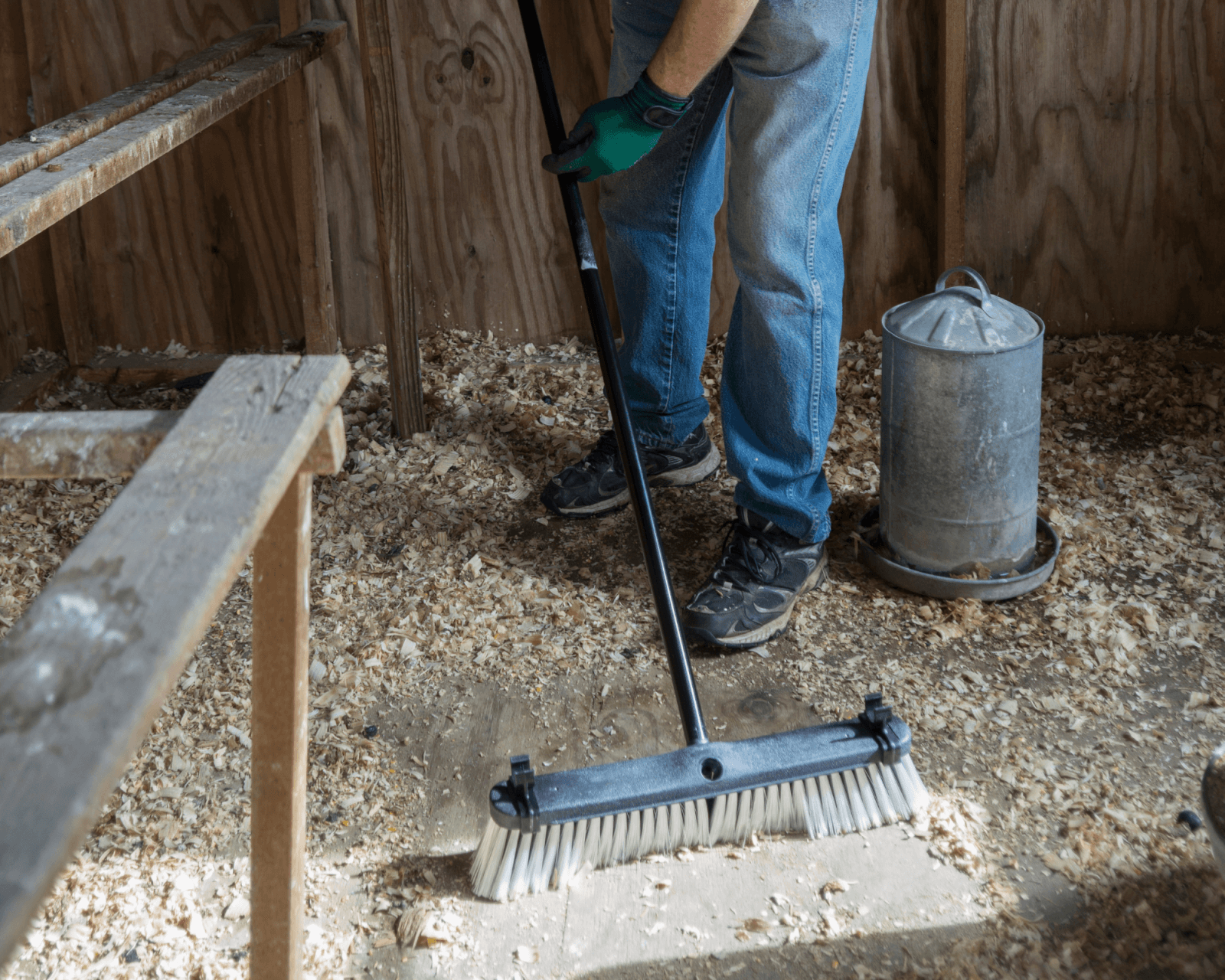
8. Good biosecurity
Biosecurity means an overall system of protecting your chickens from infectious diseases. All of you will have different risk tolerance – and that’s ok. But there are some fundamental measures every chicken keeper should take to avoid unnecessary risks.
A. Quarantine new flock members
If you’re introducing new birds to your flock, make sure to keep them separate for a minimum of 30 days – and ensure they’re at least 10 meters away from each other. Quarantine also means not sharing equipment, feeders and thoroughly washing your hands and changing clothes and shoes between flock visits.
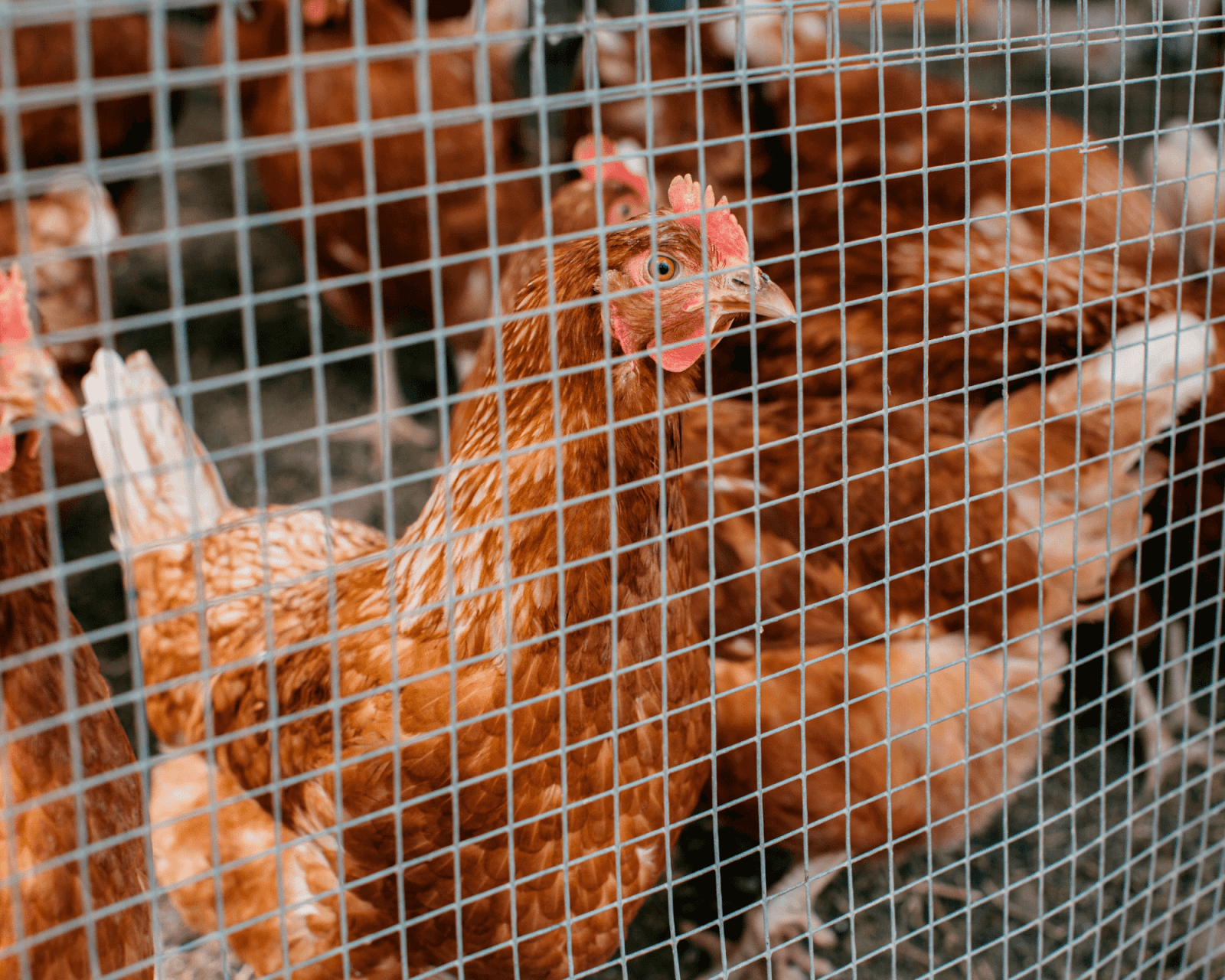
B. Don’t purposefully attract wild birds
That means no bird feeders or bird baths, and hanging things like mirror or CD/DVD mobiles can keep wild birds away (whilst mesmerising your chickens!)
C. Control rodents and flies
Rodents, such as rats and mice can carry salmonella, listeria and campylobacter. They also spread diseases such as avian influenza, Newcastle disease and toxoplasmosis. Flies can easily transfer disease from one bird to another by landing on their droppings or feed bowls. The best way to control them is by locking away all food sources, cleaning up messes and removing eggs – and using fly traps and rodent traps around your garden.
D. Isolate sick flock members
Always care for sick chickens in isolation. Not only is this the only way to stop disease from spreading through the flock, sick or injured chickens are vulnerable to attack from their flock members.
E. Do the right thing in sad circumstances
If the worst happens and a flock member dies in known or suspicious circumstances, you can contact your vet to arrange a post-mortem to find out why they died and whether the disease was communicable. This way you may have time to isolate flocks, implement biosecurity measures, vaccinate or treat the remaining flock before it’s too late for them all.
It’s also important not to bury your lost flock members in your garden. If your chicken died of a communicable disease, burying it in your garden might pose a risk of spreading the disease to other animals. Wild animals could potentially dig up the carcass and become infected, thereby spreading the disease. Some people opt for alternatives like composting or cremation, either at home or at the vet – or even disposal with your household waste. It may seem unceremonious, but preventing the spread of disease is a far better tribute to a much loved chicken than the alternative.
Embrace the secret to happy, healthy hens
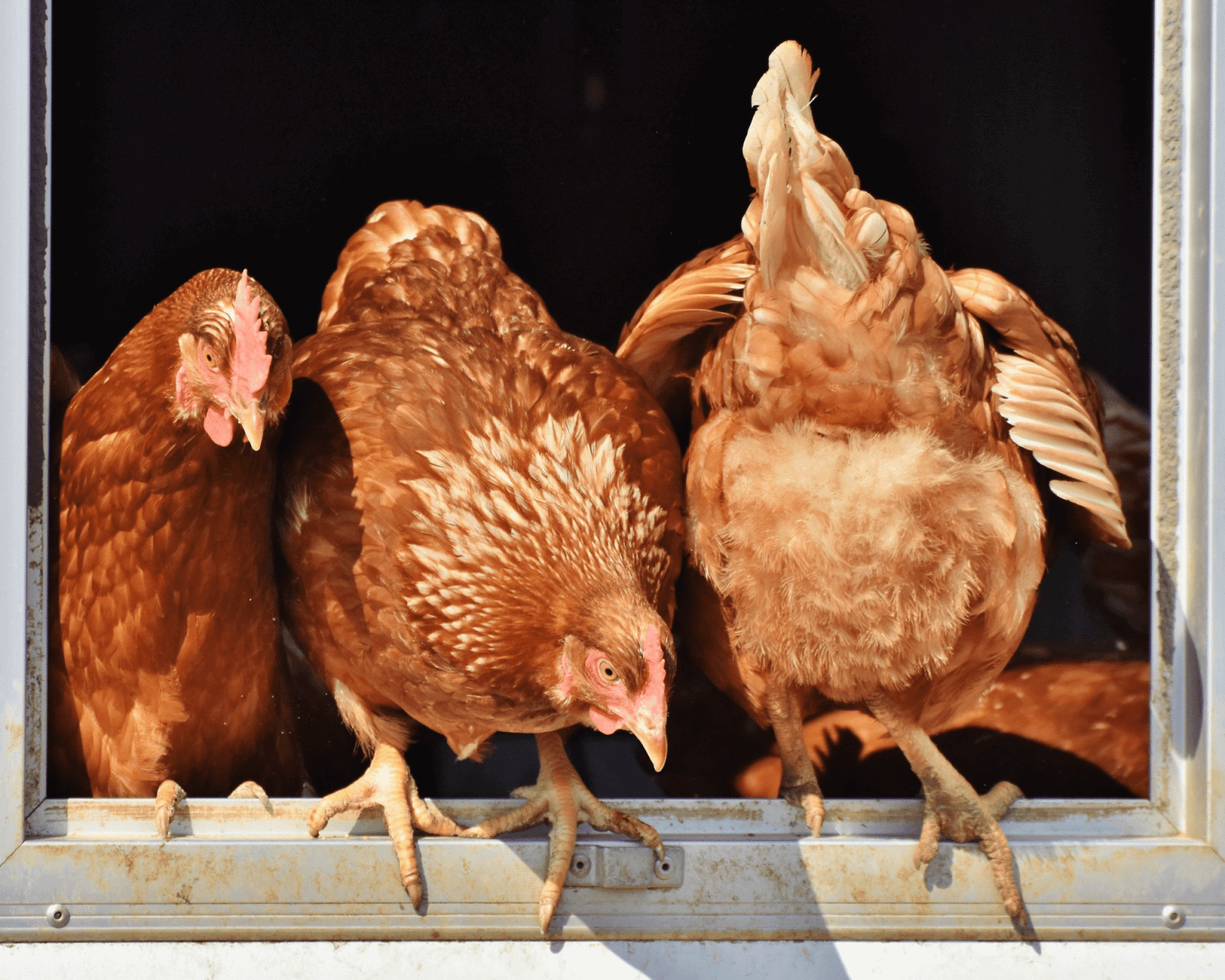
The key to a disease-free, happy flock lies in these common-sense control measures. Disease prevention is always better than cure, and your hens will thank you for it. For more information about common chicken diseases and how to treat them, check out our guide What to Do When You Have Poorly Poultry.
To provide them with superior gut health and the best nutrition and reason to be active, healthy go-getters, go for the natural solution: live BSF larvae! It’s a small step that has a massive impact on your hens’ well-being. Shop for live BSF larvae on our website today and make the leap towards building your hens’ optimal health!

